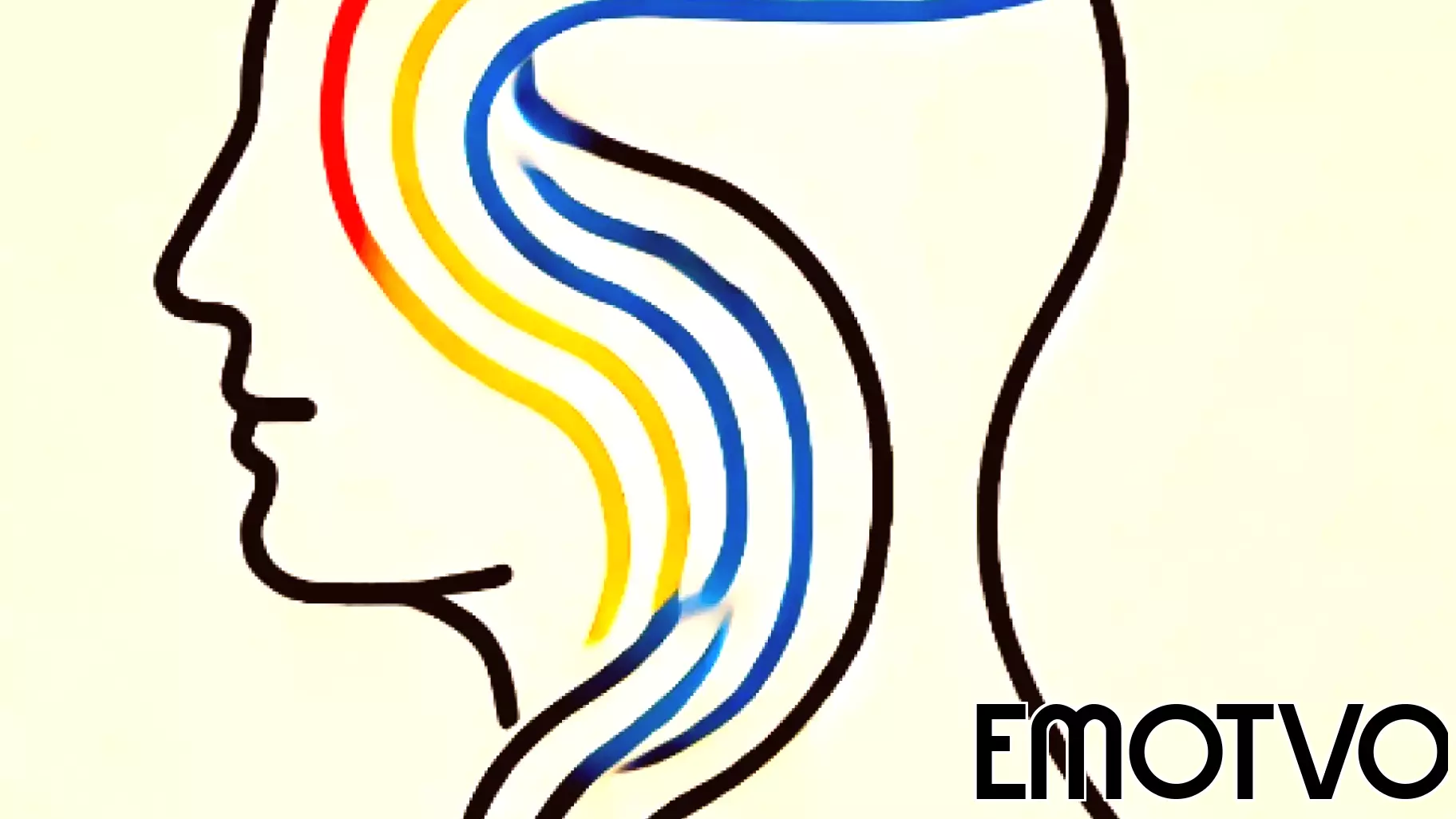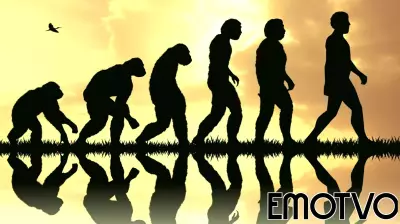Rethinking Intelligence: The Impact of AI on Human Cognition
March 22, 2025 - 23:24

What if cognition isn’t the pinnacle of intelligence but rather a temporary scaffolding that is dissolving as AI reveals new, fluid architectures of thought? As artificial intelligence continues to advance, it is prompting a profound reevaluation of how we understand human thought processes. Traditionally, cognition has been viewed as the ultimate expression of intelligence, encompassing reasoning, problem-solving, and decision-making. However, the integration of AI into various aspects of life is challenging this notion.
AI systems are capable of processing vast amounts of data and generating insights that often surpass human capabilities. This raises questions about the nature of intelligence itself. Are we witnessing the emergence of new cognitive frameworks that prioritize collaboration between humans and machines? As AI tools become increasingly sophisticated, they may not only enhance human cognitive abilities but also redefine what it means to think.
The implications of this shift are vast, touching on education, creativity, and even ethics. As we navigate this evolving landscape, it becomes essential to explore how AI can complement human cognition, potentially leading to a more nuanced understanding of intelligence in the 21st century.
MORE NEWS

February 21, 2026 - 01:54
Resilience and Reconstruction: What Now?The ongoing integration of over 100,000 displaced persons from Nagorno-Karabakh into Armenian society presents a profound contemporary case study in resilience, trauma, and social adaptation. This...

February 20, 2026 - 09:54
Frontiers | Relating physical exercise to “lying flat” among Chinese college students: the chain mediation of temporal focus and the sense of meaning in lifeA new study reveals a powerful antidote to the `lying flat` mentality gaining traction among Chinese college students: physical exercise. Faced with intense academic and social competition, many...

February 19, 2026 - 19:57
New Review Challenges the "Just-So Story" Critique of Evolutionary PsychologyFor decades, evolutionary psychology has been dogged by a persistent criticism: that its theories are unfalsifiable `just-so stories,` clever narratives about human nature that cannot be...

February 19, 2026 - 03:07
Holocaust survivor made MBE says ‘nothing can change’ without psychologyHolocaust survivor Lydia Tischler has been formally appointed as a Member of the Order of the British Empire in a ceremony at Windsor Castle. The honour recognises her decades of dedicated service...